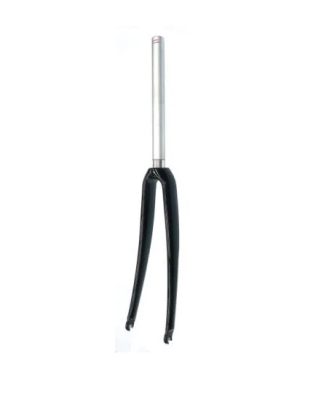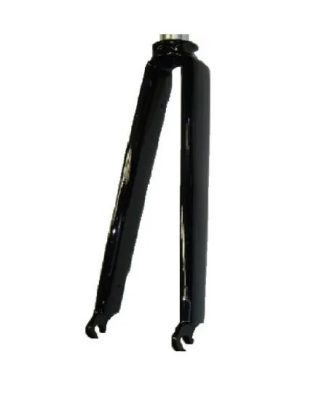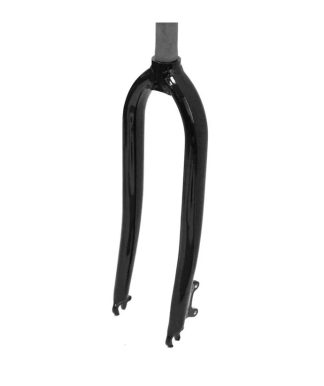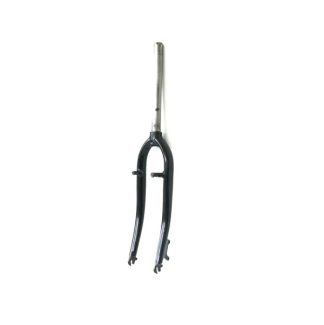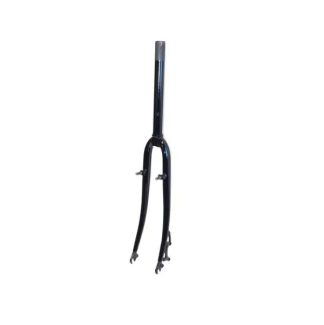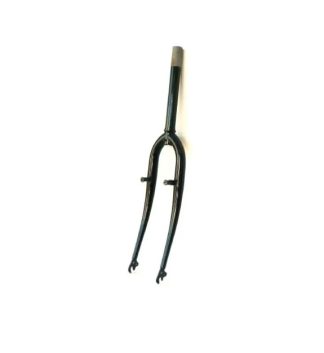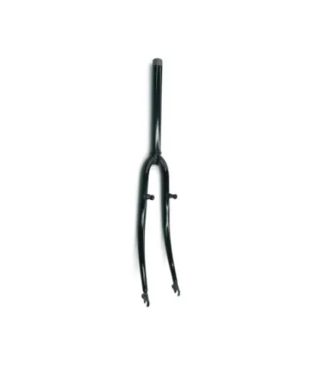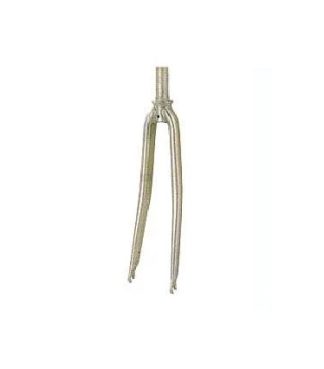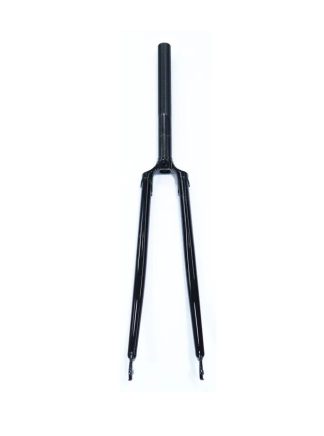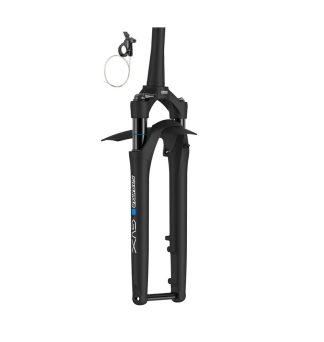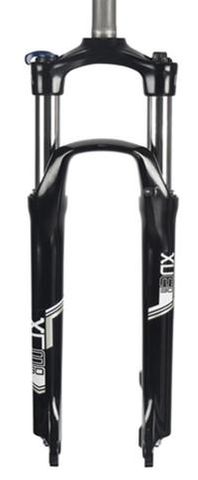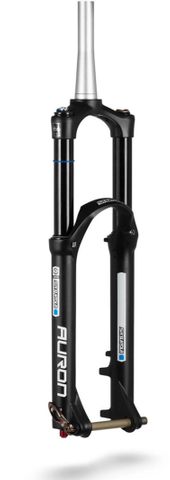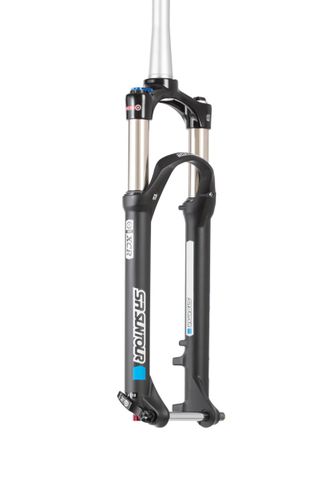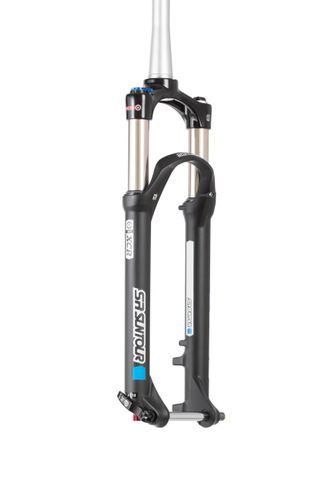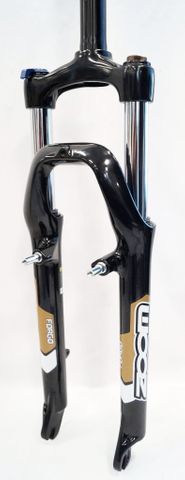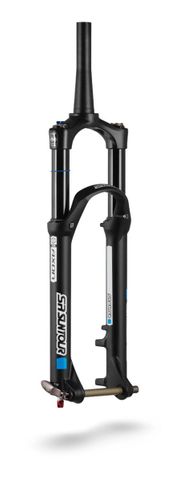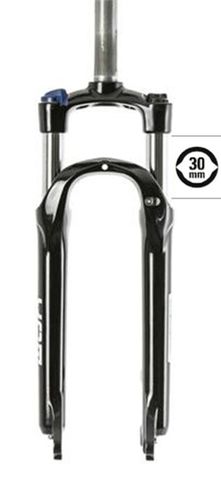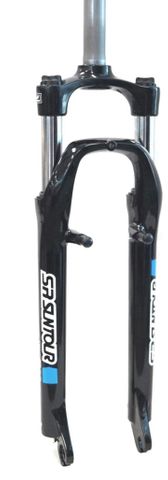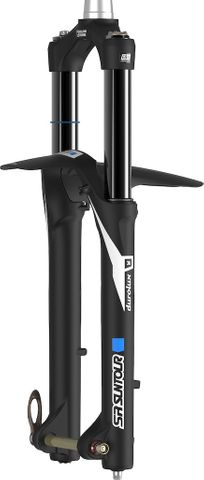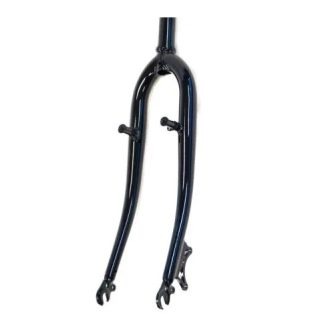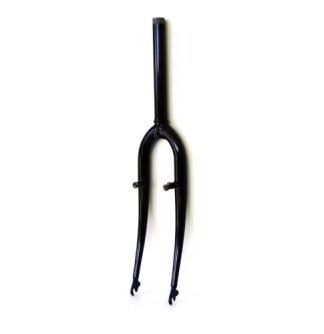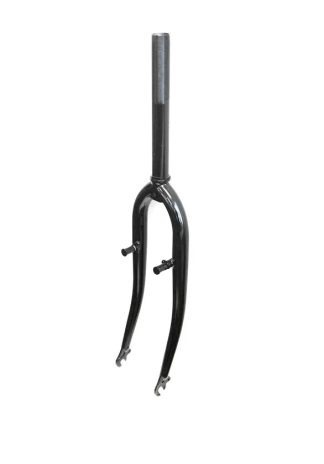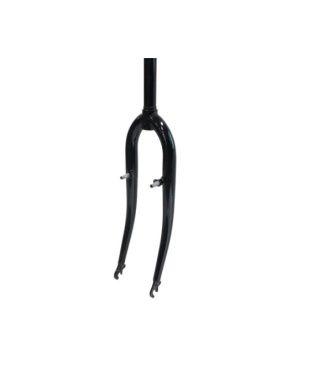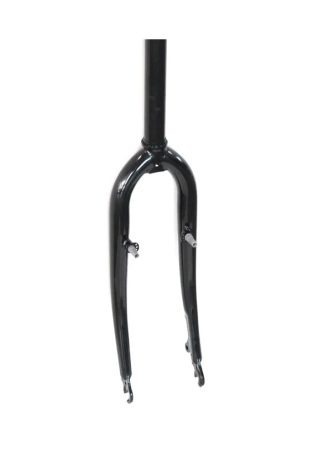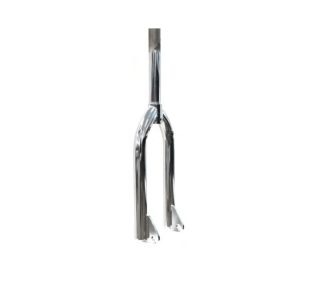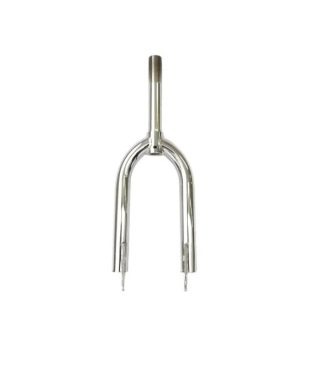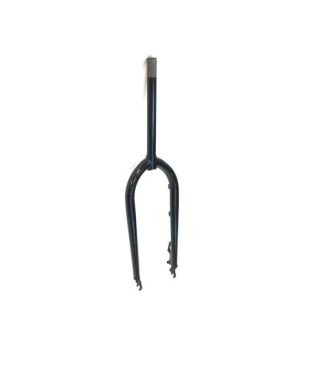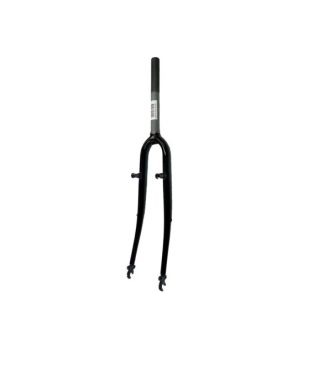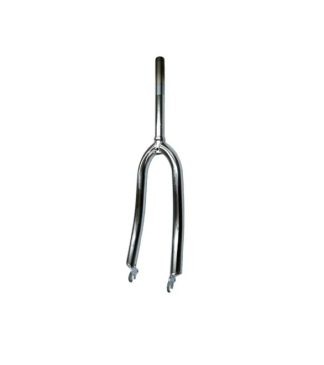Forks
We stock a range of quality suspension forks for mountain bikes, commuter bikes & hybrid bikes. Need a 29er fork? Check out our range here.
How to choose the correct fork for your bike
As with everything in bikes, there are compatibility concerns when buying a component like a fork. So here are a few things to consider so that you buy the right thing.
Wheel size – forks are not flexible in this, your fork will only work with the specified wheel size. This is commonly 700c / 29er or 27.5″ / 650b or 20″ or whatever is the wheel size on your bike.
Axle type – as the fork has to fit an axle that your wheel is compatible with too, you need to know yur axle details. Axle’s come in thru-axle type & quick release and differing lengths & thread pitches within this. Most importantly is the QR or Thru axle delineation.
Steerer tube diameter – this is where the fork is going to mount into your bikes frame so this is very important. Consulting your bike frame specs to determine the steerer tube diameter is the ideal way to check this. It may be 1 1/8″ or 1″, but you should check what your headtube can take.
Steerer tube length – this is important to have the height of the steerer that you want to mount your stem & handlebars on. And to have sufficient clamping space too.
Compatibility
Brake compatibility – if you have rim brakes you will need your fork to have the mounting for those brakes. If you have disc brakes on your front wheel you will need to ensure the fork comes with the correct mounting for those brakes. There are post mount adapters for ensuring your disc brakes will work with your wheel.
Suspension or rigid – this is something which can change the entire geometry of your bike. While you can put a rigid fork on a bike designed for a suspension fork, and vice versa, it does change the geometry. Making this decision to change your bike from suspension to rigid, or rigid to suspension should not be taken lightly!


